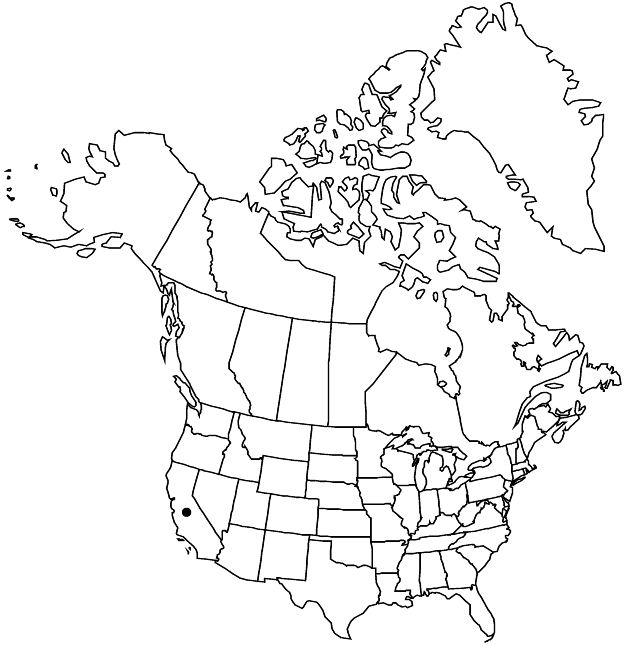Difference between revisions of "Viola pinetorum var. grisea"
J. Bot. Res. Inst. Texas 5: 633. 2011.
Common names: Gray-leaved violet
Endemic
Basionym: Viola purpurea var. grisea Jepson, Fl. Calif. 2: 521. 1936
Synonyms: V. pinetorum subsp. grisea (Jepson) R. J. Little
Treatment appears in FNA Volume 6. Treatment on page 145.
imported>Volume Importer |
imported>Volume Importer |
||
| Line 60: | Line 60: | ||
|publication year=2011 | |publication year=2011 | ||
|special status=Endemic | |special status=Endemic | ||
| − | |source xml=https:// | + | |source xml=https://bitbucket.org/aafc-mbb/fna-data-curation/src/2e0870ddd59836b60bcf96646a41e87ea5a5943a/coarse_grained_fna_xml/V6/V6_254.xml |
|genus=Viola | |genus=Viola | ||
|species=Viola pinetorum | |species=Viola pinetorum | ||
Latest revision as of 22:20, 5 November 2020
Plants 3–7(–9) cm, usually cespitose. Stems canescent to gray-tomentose. Leaves: basal: petiole 2.3–5.5(–7.5) cm; blade usually not purple-tinted abaxially, usually linear to narrowly lanceolate, sometimes oblanceolate or obovate, 1.7–4 × 0.3–1 cm, margins irregularly serrate or lacerate, surfaces canescent, sometimes appearing gray-tomentose; cauline similar to basal except: petiole 0.9–4.4 cm, canescent; blade 1.5–4 × 0.3–0.5(–0.9) cm. Peduncles 2.9–6(–7) cm. Flowers: lowest petal 5–9 mm.
Phenology: Flowering Jun–Jul.
Habitat: Montane slopes and peaks, often in moist, eroding soil, alpine zones
Elevation: 2000–3100 m
Discussion
Selected References
None.
Lower Taxa
None.
